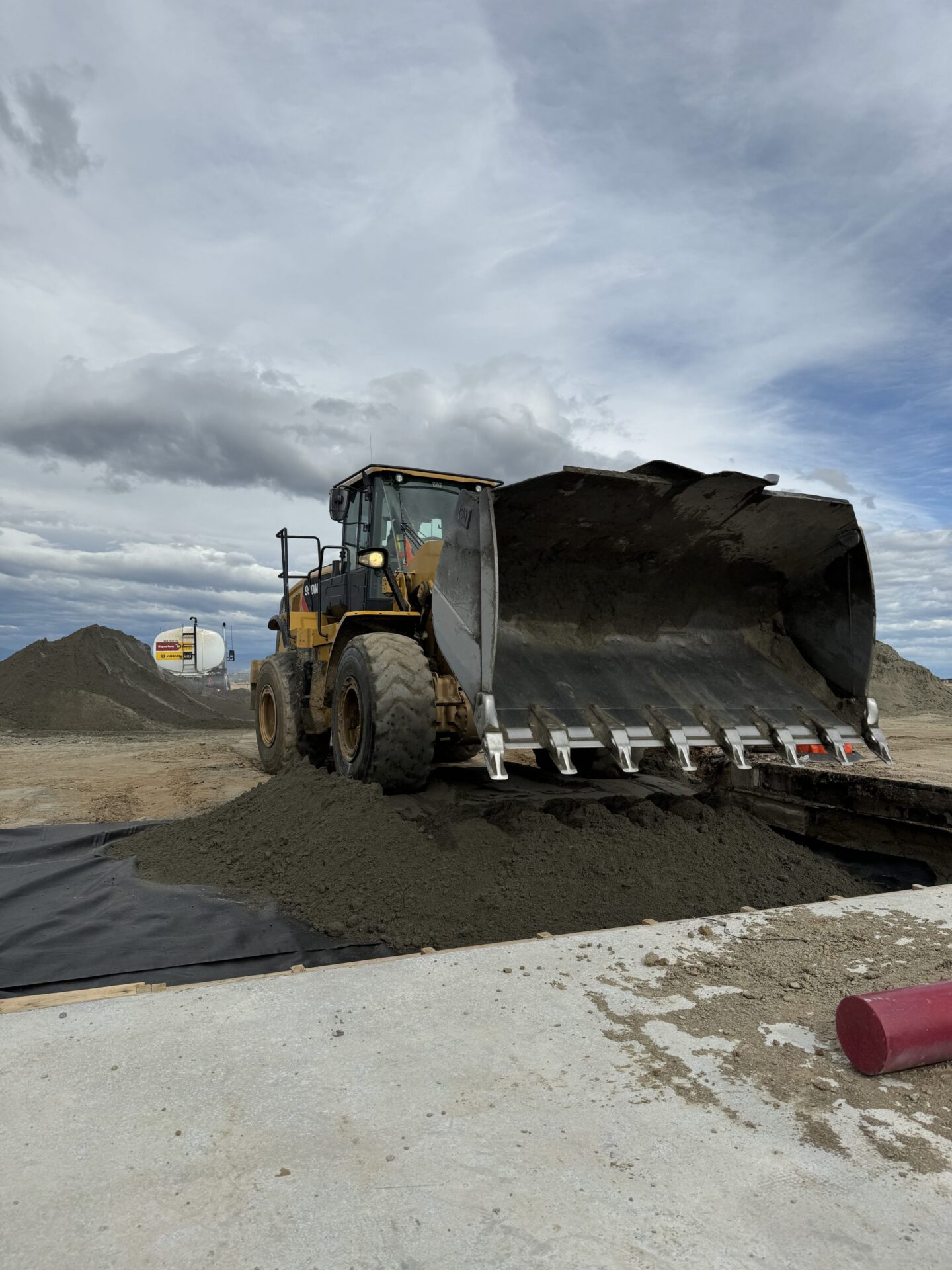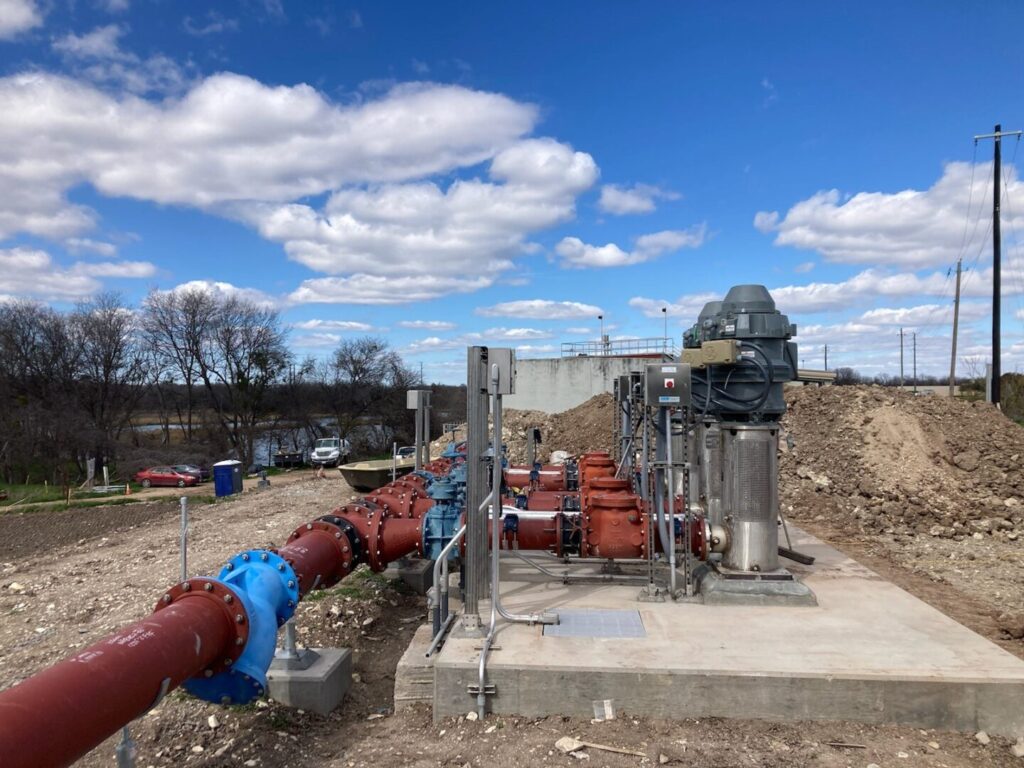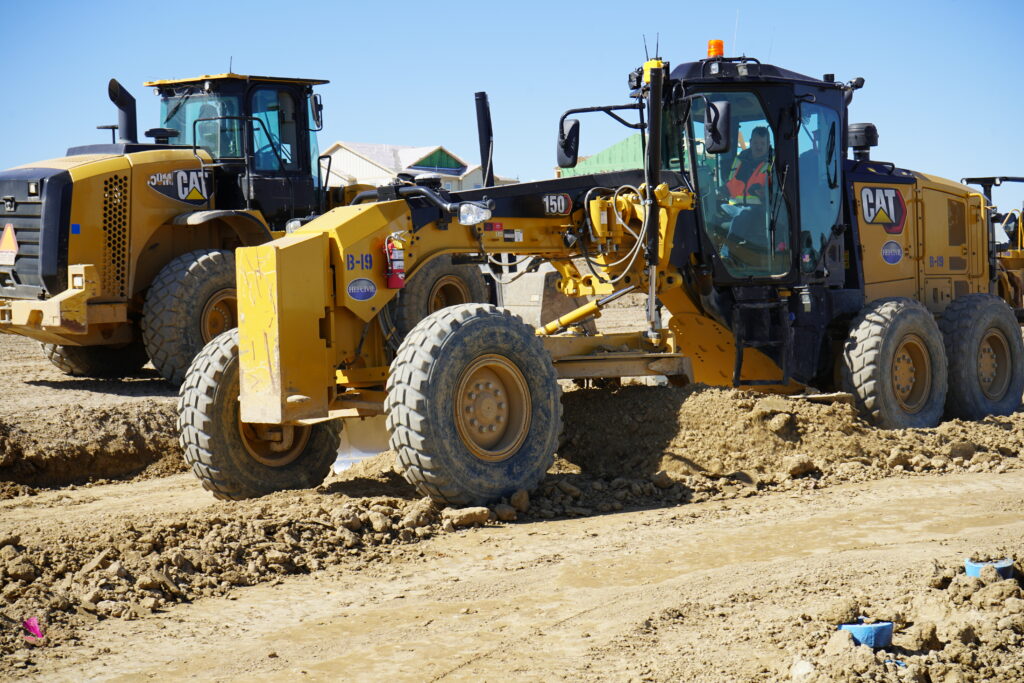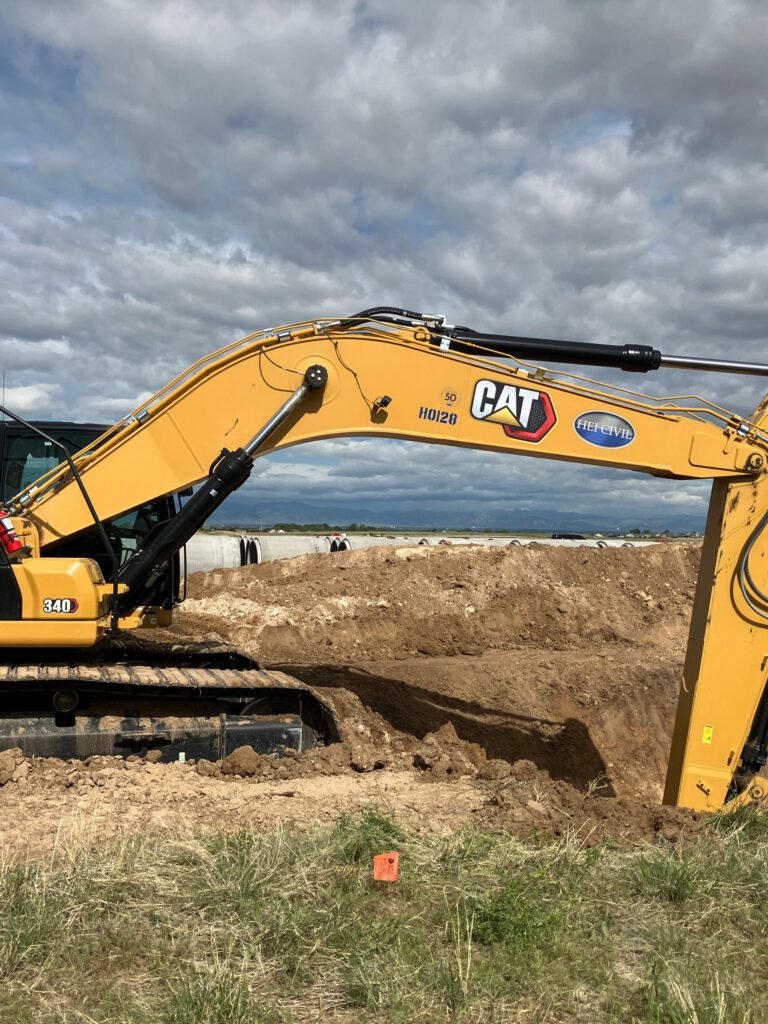Highway construction is a complex process that requires various materials to ensure the finished roadway’s durability, safety, and longevity. Understanding these materials and their roles in highway construction can provide valuable insights into how modern highways are built to withstand heavy traffic and harsh weather conditions. Here’s a look at some of the essential materials used in highway construction:
Asphalt
Asphalt is one of the most used materials in highway construction. It’s a mixture of aggregates (such as crushed stone, gravel, and sand) and a binder (usually bitumen). Asphalt is favored for its durability, flexibility, and ability to withstand heavy traffic loads. It is used primarily for the surface layer of the highway, providing a smooth and safe driving surface.
Concrete
Concrete is another critical material, especially for highway sections that require high strength and durability. Concrete consists of cement, water, and aggregates like sand and gravel. Concrete is often used for the base layers of highways, bridges, overpasses, and other structural components. It’s known for its longevity and ability to handle extreme weather conditions.
Aggregates
Aggregates, which include sand, gravel, and crushed stone, are crucial components in asphalt and concrete mixtures. They provide structural support and improve the highway’s stability. Aggregates are graded based on size and quality to ensure they meet the specific requirements of different layers within the highway structure.
Bitumen
Bitumen is a crucial binding agent used in asphalt production. It’s a byproduct of the petroleum refining process and a glue that holds the aggregates together. Bitumen is known for its waterproofing properties and flexibility under various temperature conditions, making it ideal for use on road surfaces.
Steel
teel is essential for constructing bridges, overpasses, and reinforced concrete structures within highway systems. Steel rebar is commonly used to reinforce concrete, providing additional strength and support to handle heavy loads and prevent cracking.
Geotextiles
Geotextiles are synthetic fabrics used in highway construction to improve soil stability and prevent erosion. They are often placed between different layers of materials to enhance drainage, reinforce the soil, and separate different aggregates. By maintaining the integrity of the foundational layers, geotextiles help extend the life of the highway.
Drainage Materials
Proper drainage is vital for maintaining a highway’s longevity. Materials like perforated pipes, drainage tiles, and aggregates create efficient drainage systems that prevent water from accumulating on or under the highway. Good drainage helps avoid damage to the roadway and reduces maintenance costs over time.





